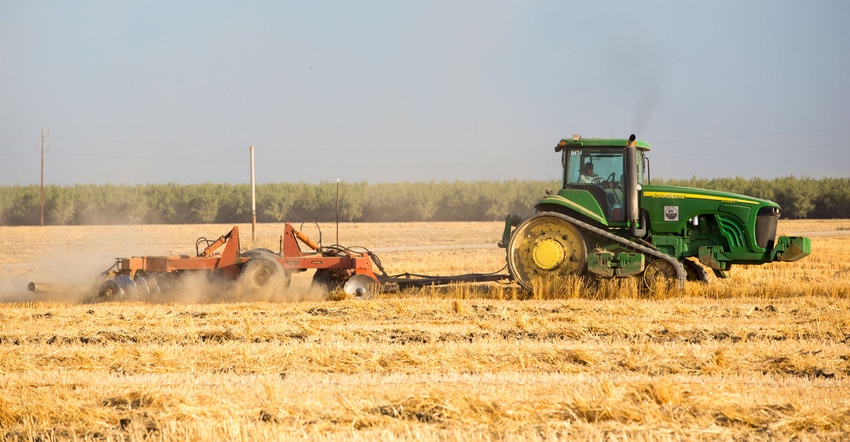June 24, 2021

This water year is shaping up to be one of the worst in recent Western history. More than 90% of the region is in drought, with 53% experiencing at least “extreme” drought conditions.
Many factors over the years have made it more difficult to continue farming and ranching. Severe drought is one of the largest challenges Western producers face.
Irrigated farms in the federal Klamath Project in southern Oregon, where I live, face the worst year in the project’s 116-year history, with essentially no water available from the Klamath River system.
The federal Central Valley Project in California will receive almost zero in supply.
The Colorado River Basin is in its 21st year of drought, and its reservoirs will end up at their lowest levels since they were initially filled.
Watersheds throughout the West are parched, and wildfires are predicted to be at record levels this season. Stock ponds are running dry, and farmers have been forced to haul water in several locations. Reports are increasing of pasture forage being reduced, livestock requiring supplemental feed or livestock being sold off.
Perhaps the only silver lining in this disaster is that it will, hopefully, draw public and political attention of the need to take immediate action to better manage impacts to water resources from drought in the West.
Critical thinking, cooperation needed
Some Western producers are starting to feel that their way of life is being written off by a segment of the public that appears to believe that the tragedy occurring in the Central Valley or in the Klamath Basin is a comeuppance that farmers somehow deserve. I still hold a sliver of hope that critical thinkers and leaders will distinguish this nonsense from reality.
Western producers need to manage water as if every year is a drought year. We need to invest in storage facilities to capture water in wet years; we need to look to innovative technology to enhance supplies and delivery; and we need to get the very most benefit from the water we have available. The ability to measure, assess and show value for how that water is used is incumbent on every water manager — environmental, urban and agricultural.
Our Western communities have been battered by fires and drought on top of the yearlong public health crisis. Congress has an opportunity to deliver this crucial help from the federal government.
It will be hard work to reach agreement and enact legislation to wisely manage the West’s water now and in the future. We need everyone — urban and rural, Republican and Democrat — to come together and find a way to fix this broken system before it breaks us all.
It is going to be a tough year for many of our producers and the rural communities they support.
At the Family Farms Alliance, we’ll continue our efforts to ensure that irrigated agriculture continues to play a vital role in feeding our Nation, while keeping our rural communities and the environment healthy.
Keppen is executive director of the Family Farms Alliance.
About the Author(s)
You May Also Like




